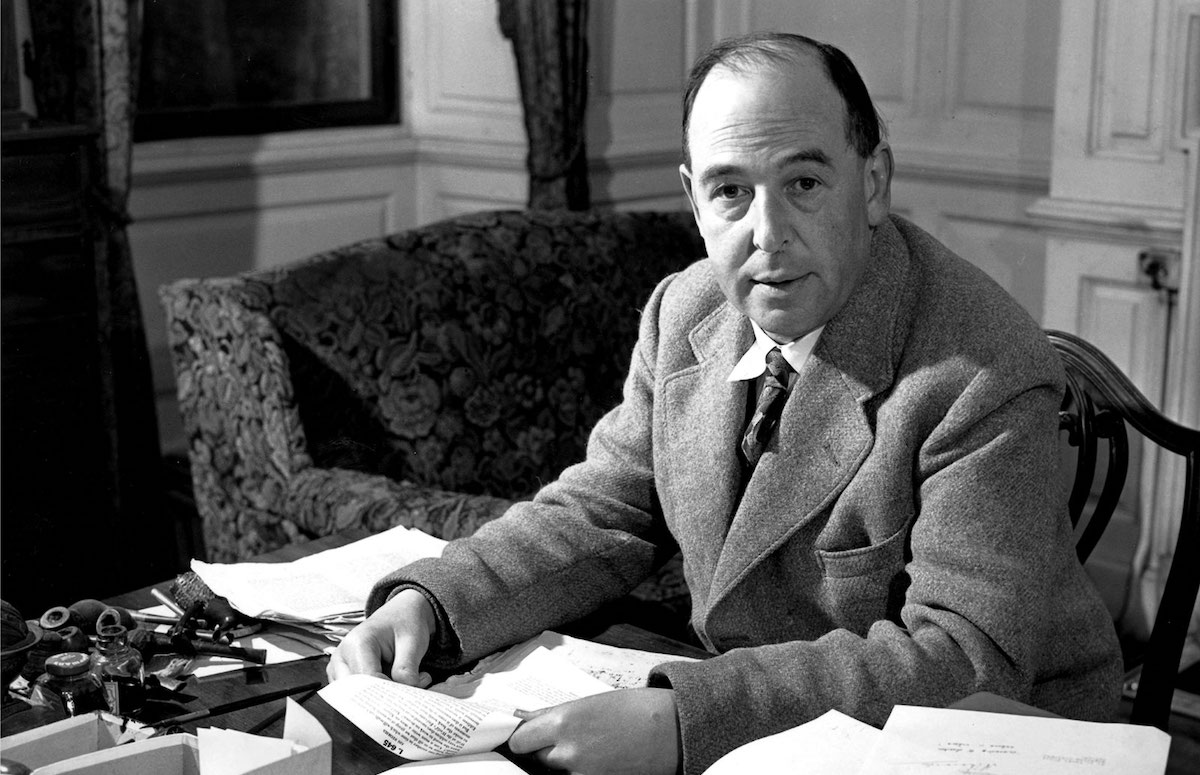December 16, 2025
Fighting the Good Fight Is to Trust and Obey
Few have described the modern opposition to Christian truth as compellingly as Paul Kingsnorth in Against the Machine. Kingsnorth describes modernity in a vision:
I saw a great wave of symbolic meaning. Continue Reading...









